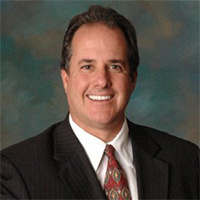Gibsonburg Criminal Lawyer, Ohio
Michael Prephan Jr.
✓ VERIFIEDFelony, Criminal, Motor Vehicle, Juvenile Law
Making the law work for you, not against you. In practice since 1987, Mike Prephan Jr. has the experience and knowledge to to help you through all ... (more)
Martin J. McManus
✓ VERIFIEDAccident & Injury, Criminal, Traffic, Divorce & Family Law, Estate
Martin J. McManus, a third generation attorney, has long been dedicated to the practice of personal injury, wrongful death, car accident, medical malp... (more)
Matthew E. Exton
Estate Planning, Family Law, Divorce & Family Law, Criminal, DUI-DWI
Status: In Good Standing
FREE CONSULTATION
CONTACTStephen D. Hartman
Litigation, Criminal, Constitutional Law, Legal Malpractice
Status: In Good Standing
Kenton Pocock Weis
Real Estate, Agriculture, Criminal, Elder Law
Status: In Good Standing Licensed: 49 Years
John Lester Huffman
Agriculture, Environmental Law Other, Criminal, Personal Injury
Status: In Good Standing Licensed: 37 Years
Ernest Eugene Cottrell
Real Estate, Estate Planning, Estate, Criminal
Status: In Good Standing Licensed: 40 Years



